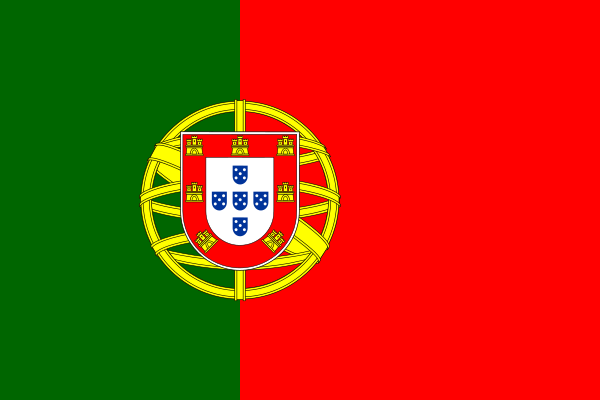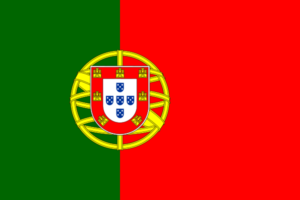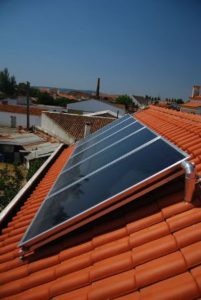Portugal: Solar Companies Struggle to Keep Business Running
May 1, 2013
The Portuguese solar thermal market has dropped significantly for the second year in a row. In 2012, the national solar industry association APISOLAR counted only 90,896 m2 of newly installed area, 29 % below the previous year, although the result was better than APISOLAR had predicted. In the 3rd quarter of 2012, the forecast had indicated a 45% drop in sales. Some attribute the smaller decline to an increase in energy prices in the Portuguese market. A new incentive programme for the residential sector with a EUR 1.5 million budget was launched at the end of 2012 and is expected to improve the situation in 2013. Applications are still being accepted, although companies and end-users may not submit one because of the bureaucratic hurdles that have to be overcome first.
Meanwhile, Portuguese companies are struggling to keep their business up and running. “We are getting out of this alive,” Miguel Gomes, Product Manager at solar thermal system importer Canalcentro, says. “The market almost came to a halt. There are only a few projects, which have helped us to survive,” he adds. The Product Manager explains that the current market situation requires companies to adapt their business strategies, as well as “lower their profit margin, launch discount campaigns and work harder to try to stimulate the market”.
Indeed, companies need a new business strategy, confirms Pedro Correia de Carvalho, CEO of collector manufacturer Richworld Renewables. “Sales have not stopped entirely because we are working hard on that, but the market is very weak,” Correia de Carvalho says. “The Portuguese market is almost in hibernation, not only due to the economic situation of families and the country itself, but also because of the severe winter. I hope that with an improvement in weather conditions, consumers will get more aware of this technology.”
There are also companies which were not able to continue their business activities. That was the case with Vajra, a well-established system supplier from the Algarve, which had been on the market since 1982. “Our internal structure was too rigid to survive. We were not able to adjust to the fluctuating demand,” Vajra’s former Managing Director, Rafael Ribas, regrets. The story of Vajra and its Rigsun brand is a good example of how a company can be hurt by the stop-and-go policy of incentive schemes. In 2009 and 2010, the Medida Solar Térmico (MST) incentives had the Portuguese solar market booming, while the country was already facing some economic difficulties. This attracted new entries into the market whereas established companies, such as Vajra, had to invest mainly in new employees to meet the huge demand triggered by the incentive.
When MST stopped, promises of new schemes had companies hoping, but their expectations did not come true. “After MST, we were expecting a new kind of incentive and it took us too long to respond to the new circumstances,” Ribas reports. “In 2012, we were facing a dilemma: On the one hand, we were in a good market position, so we could take some advantage of it – even if the market volume had become lower. On the other hand, we were affected by the bankruptcy of many construction companies,” the former Managing Director says. Around that time, some of Vajra’s clients also started to be late on paying their bills and financial institutions were hesitant to offer bridging loans, which meant Vajra was not able to pay its suppliers. In the months that followed, Ribas tried to find ways to save his company, but this would have required a huge amount of capital. The company closed its doors in February 2013.
More information:
http://www.canalcentro.pt/
http://www.richworld-renewables.com


